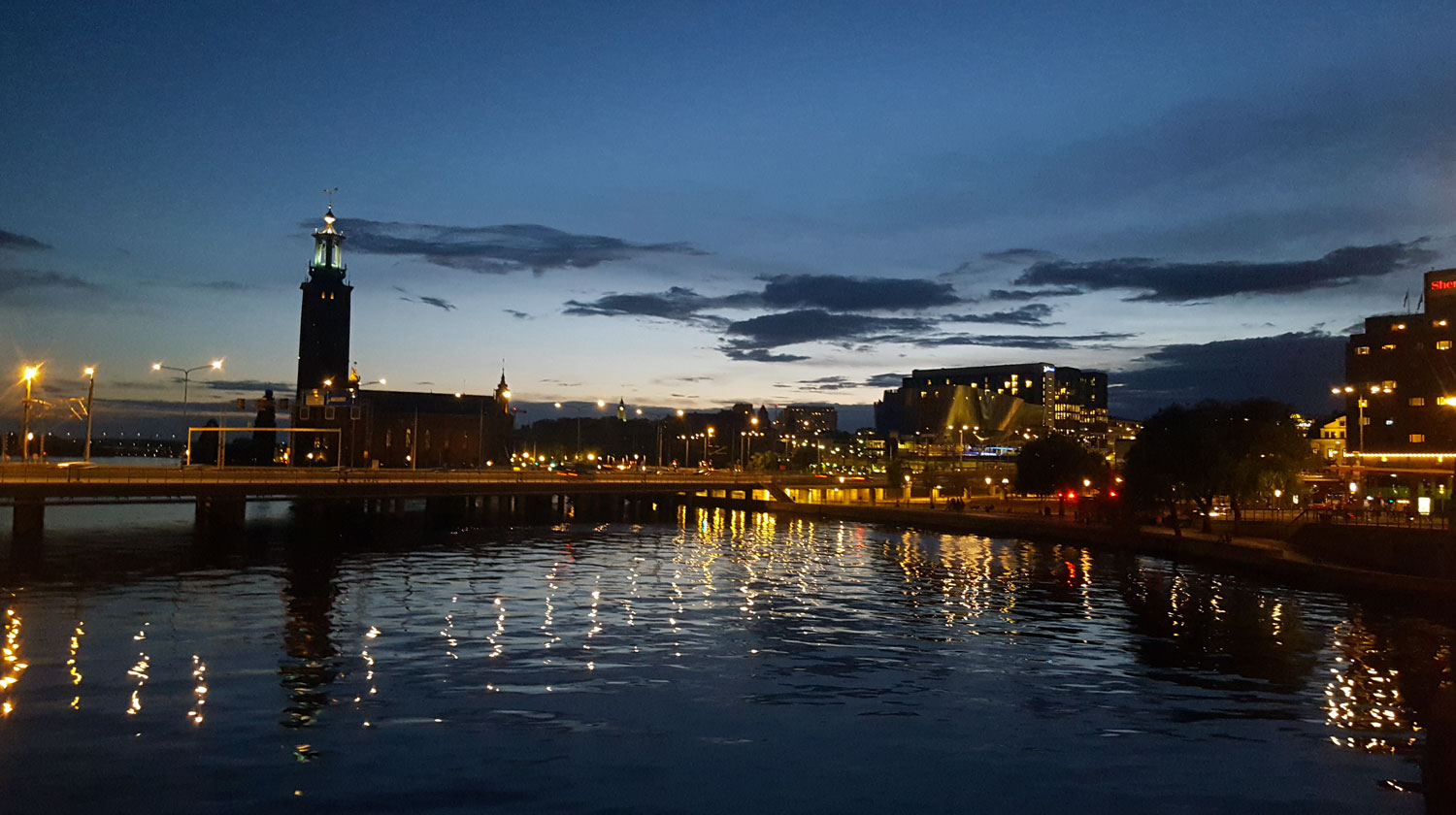SCIFR at Resilience 2017 Conference
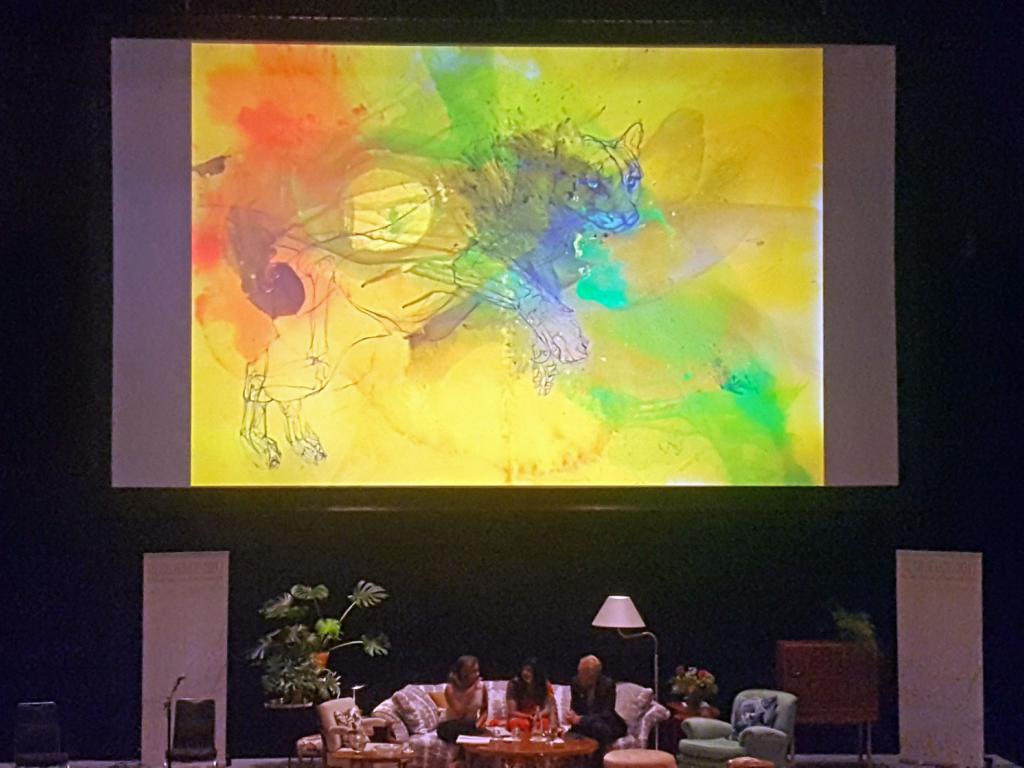
Last month the SCIFR (Southern Cape Interdisciplinary Fisheries Research) team attended the Resilience 2017 Conference held in Stockholm, Sweden from 20 – 23 August 2017.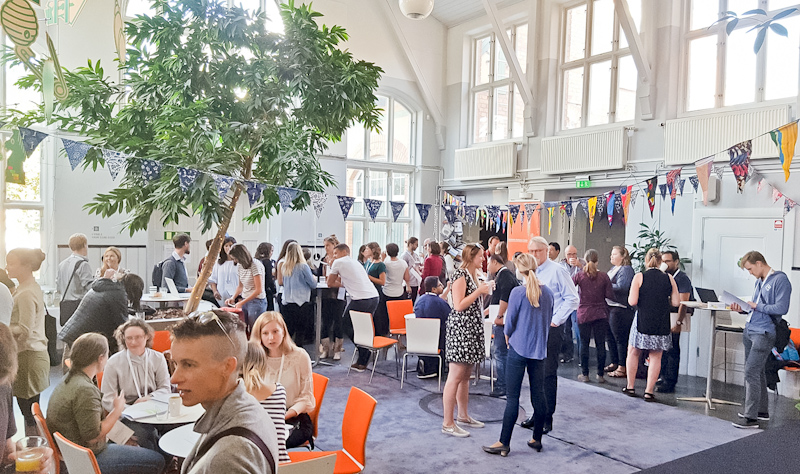
The group consisted of Prof Astrid Jarre (SARChI ME&F Chair) and UCT PhD candidates Catherine Ward, Louise Gammage and Greg Duggan. Previous Resilience conferences have been held on a triennial basis since 2008. This international conference was hosted by the Resilience Alliance and Stockholm Resilience Centre and themed “Resilience Frontiers for Global Sustainability”. The conference focused on five main themes: social-ecological transformations for sustainability; connectivity and cross-scale dynamics in the Anthropocene; multi-level governance and biosphere stewardship; approaches and methods for understanding social-ecological system dynamics; and cross-cutting perspectives on resilience.
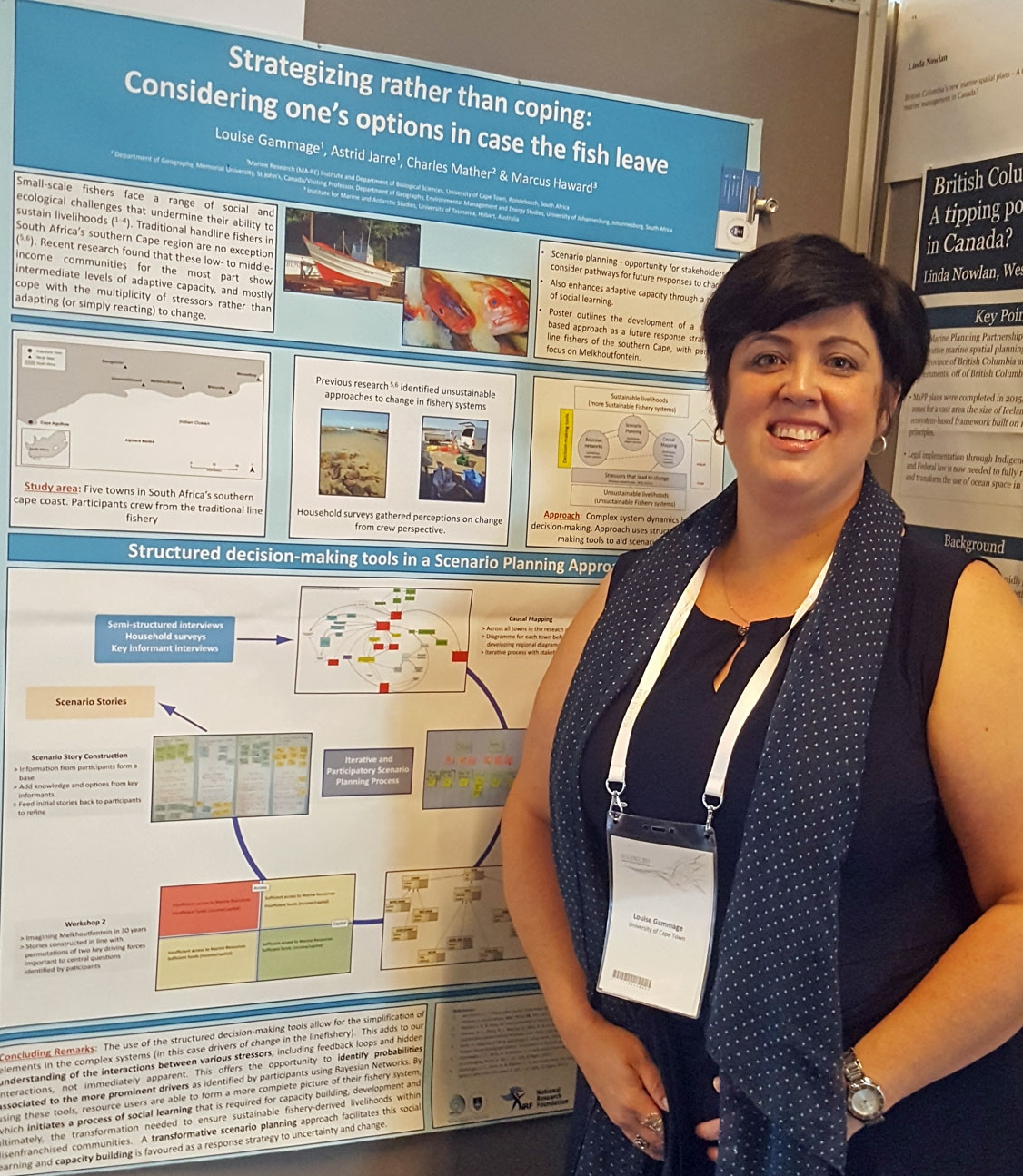
SCIFR students’ Louise and Catherine kicked off the conference by attending the “PhD Students and Early Career Researchers’ Day” hosted by the Stockholm Resilience Centre on 20 August. The day consisted of several activities, presentations and general interactions between PhD students and early career researchers discussing diverse topics and challenges related to resilience and sustainability science.
The main conference (21-23 August) was thought-provoking, dynamic and ran smoothly from start to finish. The SCIFR team interacted with top scientists and practitioners in the field, and learnt about different projects and approaches from other students and researchers during this conference. It is this kind of interaction that makes conference attendance in person so valuable and, in fact, professionally irreplaceable. We also particularly enjoyed the collaboration between scientist Prof Marten Scheffer and visual artist Tone Bjordam to bring the challenges of the Anthropocene to a wider audience through a hybrid of art and science.
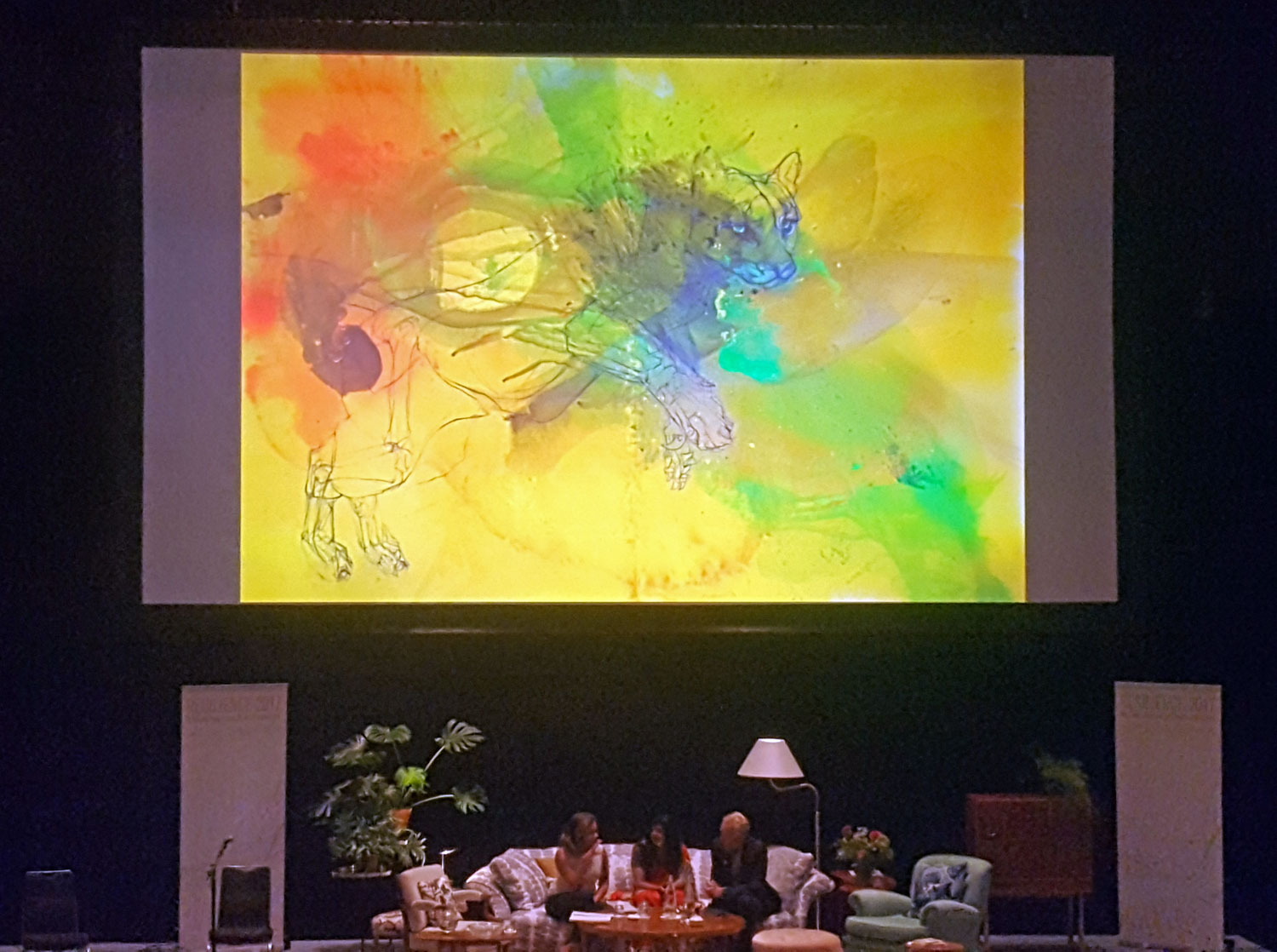
Our take home message from the conference was that in the context of the Anthropocene, it is not adequate to just adapt but that there is a need to transform social-ecological systems. Such transformations require that we inherently change not only the way system components interact, but also change the way decisions are made and our world views. Within social-ecological systems, resilience should cater for complexity and change to manage unknown unknowns. Sustainability Science cannot remain static and there should be room for interpretation, cross-communication and creativity.
The SCFR team would sincerely like to thank the following funders for making the trip to this conference possible: SARChI ME&F; UCT’s 2017 Postgraduate Conference Travel Grant; and the NRF. We are also grateful to our supervisors and collaborators for supporting our research and presentations. Please follow SCIFR on Twitter (@SCIFT_UCT) for more updates on the team’s activities.
- Louise Gammage and Catherine Ward
